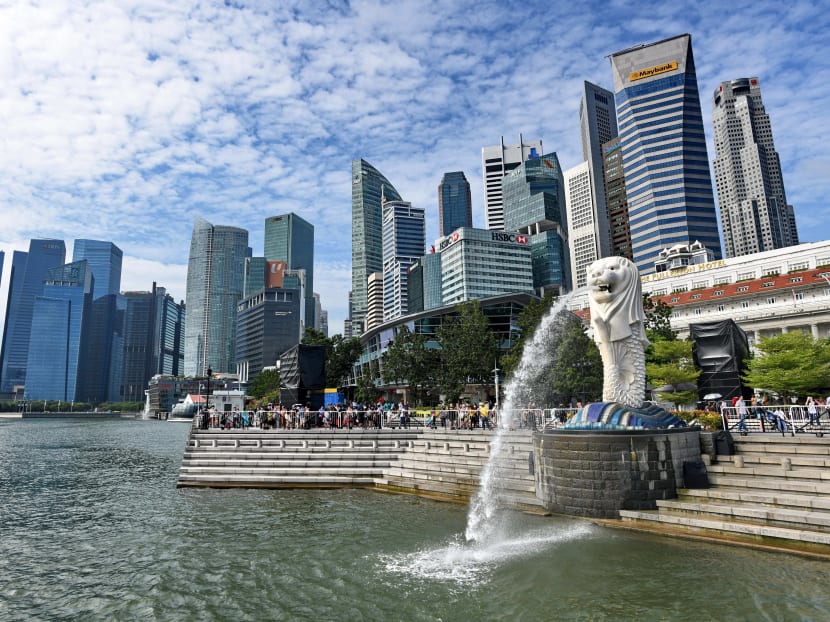Singapore no longer world’s most expensive city, as prices fall amid pandemic: Survey
SINGAPORE — Singapore is no longer the world’s most expensive city for expatriates to live in, but it is still in fourth place, a survey done by the Economist Intelligence Unit (EIU) found.

In the Economist Intelligence Unit’s 2020 Worldwide Cost of Living survey, Paris and Zurich overtook Singapore and Osaka as the world’s most expensive city for expatriates.
SINGAPORE — Singapore is no longer the world’s most expensive city for expatriates to live in, but it is still in fourth place, a survey done by the Economist Intelligence Unit (EIU) found.
This is the first time in seven years that Singapore did not occupy the top spot in the EIU’s Worldwide Cost of Living survey.
The latest rankings for 2020, published on Wednesday (Nov 18), showed that Singapore and the Japanese city of Osaka, which shared joint-first positions with Hong Kong in March this year, were overtaken by France’s capital Paris and Switzerland’s largest city Zurich.
Osaka is now in fifth place, tying with Tel Aviv, the economic centre of Israel.
The survey compares the price of a basket of 138 items in about 130 cities around the world and is conducted twice yearly.
Why it matters
This survey compares the cost of living across 133 cities around the world by looking at 10 categories of consumer goods
It looks at how the Covid-19 pandemic affected the prices of different goods, and how global consumer goods companies can adapt to the situation
Why Singapore slipped from its rankings:
The Covid-19 pandemic led to an exodus of foreign workers
Overall population shrank for the first time since 2003
Demand fell and deflation set in
Why Paris and Zurich overtook Singapore and Osaka:
Rise of the Euro and and the Swiss Franc against the US dollar
Comparative decline in cost of living in Singapore and Osaka
Other reasons for the movements in rankings:
Currency fluctuations against the US dollar as cities were compared against New York City
Supply chain problems meant that shortages of some goods such as toilet rolls and pasta fuelled price increases in some cities
Government policies such as the imposition of price controls in some countries
Fall in incomes across the globe, leading to a drop in consumer spending
Lifestyle changes induced by the pandemic, leading people to stay at home more
How consumer goods for cities had been affected:
Average prices for food and groceries remained flat
Alcohol prices went up, with prices of local beers holding up better than those of top international brands
Tobacco prices had the highest annual increase
Consumer electronics also had strong price increases
Prices of clothing fell, the only decline out of the 10 categories covered in the report
Top 10 most expensive cities:
1 Zurich (Switzerland)
1 Paris (France)
1 Hong Kong (Special Administrative Region of China)
4 Singapore
5 Osaka (Japan)
5 Tel Aviv (Israel)
7 Geneva (Switzerland)
7 New York (United States)
9 Copenhagen (Denmark)
9 Los Angeles (United States)











